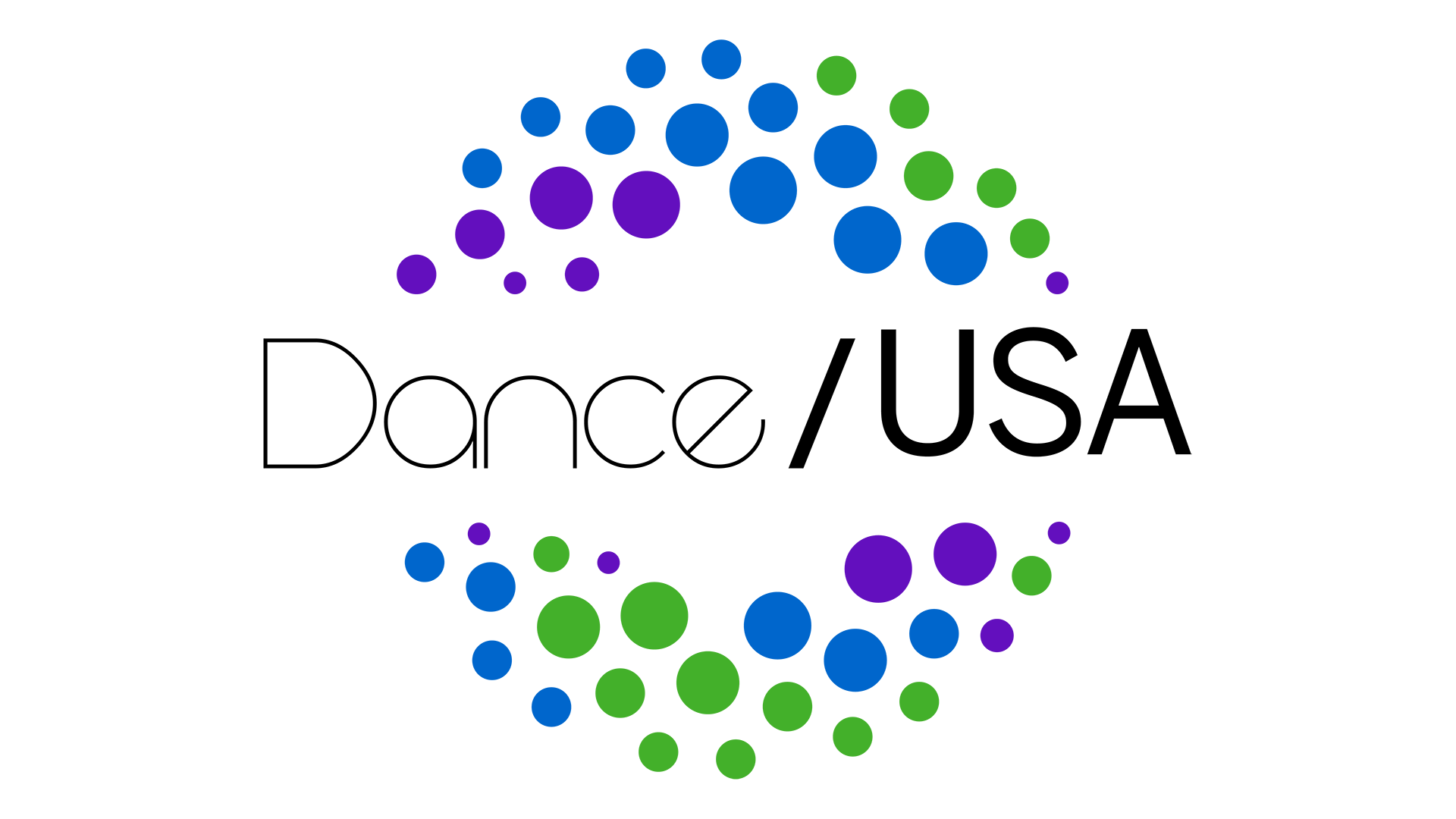Leadership During Crisis: Elizabeth Sobo, Executive Director, 10 Hairy Legs
‘How Will We Be Changed?’
By Lisa Traiger

Courtesy of 10 Hairy Legs. Photo credit for company image: Mike Esperanza
Like almost everyone else these days, uncertainty keeps Elizabeth (Betsy) Sobo awake at night. She’s the executive director of 10 Hairy Legs, a New Jersey-based repertory company with a $350,000 annual budget. Comprised of five male dancers – thus the 10 hairy legs – and five part-time administrators, plus Sobo and Artistic Director Randy James, the organization relies on earned income from the programs and services it provides, primarily through national touring and educational programs for audiences of all ages. The company boasts a diverse range of support from individual, foundation and government sources. Aimed at exemplifying the many facets of maleness expressed through dance, the company reaches more than 2,200 students and educators each year.
“Of course, the when is the kicker,” she said recently. “It all depends upon something that we all cannot control. That’s hard.”
That said, Sobo and James, along with the organization’s board, have time on their side. “One thing we have right now is lots of time to consider, to weigh, to ponder and to decide, rather than rushing around putting out brush fires …. Consensus is especially important right now, as is the ability to listen. I am an
action-and-results person so this is very challenging for me! It’s difficult to admit that right now we just really have no idea when we will get back to work and what that will look like. The one thing we can agree on is that it will be different and we have to be open to that.” And she adds, “We’re learning to view this as an opportunity to meet this challenge in new and untraditional ways to emerge even stronger.”
March 21, 2020, New Jersey’s governor instituted a stay-at-home order across the state. Navigating both the business of keeping the company afloat and the personal issues of artist health and safety were tricky. Sobo said, “On March 24 we announced to the public that we were suspending our season,” adding that nearly all upcoming engagements for the remainder of the season – in New Jersey and out of state – were either cancelled or put on hold, including two world premiere commissions. She said, “It was a very tough decision but the right thing to do for our company. Our artists and staff were paid in full through the end of March for all work completed.” Sobo stated that the company has cash in the bank and a small cash reserve that is being safeguarded to enable them to begin working again as conditions allow. And, she noted good news: unsolicited donations are still coming in.

Courtesy of 10 Hairy Legs. Photo credit for company image: Mike Esperanza
Everything Is a Partnership
“We recognize the need to stay in closer communication and are very grateful for virtual connections like Zoom, phone calls, emails, social media, and we have utilized them fully to continue communicating,” Sobo said. “Randy [the artistic director],
Alex Biegelson [associate artistic director] and I ‘meet’ with the company members via Zoom regularly to check in. I’ve been very pro-active at providing our artists with information about artist relief, unemployment, and other things, and … have assisted them in any way they need to take advantage of these opportunities.” The company also provides virtual master classes and has begun a program called “College Fridays” that offers classes taught by 10 Hairy Legs company members and mentoring by its artistic director.
Like so many, the company hosts its monthly board meetings on Zoom and, Sobo says all 10 Hairy Legs board members have stepped up, becoming even more engaged and committed to the future of the organization. “We consider ourselves a family,” she emphasizes.
Building on her collegial relationships has been integral to her work navigating through this period of pandemic. Sobo has sought out numerous tools and opportunities to keep the company on steady footing. “At first it was a bit overwhelming, but at
this point I’ve narrowed it down to the Dance/USA Managers Council Zoom calls, webinars related to funding opportunities and strategies, our statewide service agencies ArtPride NJ and Dance New Jersey, as well as our local arts council.” She added that monthly calls for directors of New Jersey organizations have
been quite useful: “I know I can at any time ask a question or seek help in complete confidence with this group.”
And Sobo picked up the phone to reached out individually to the company’s major funders. “I wanted to take the pulse and let them know personally about our decision-making process and status,” she explained. “It was quite reassuring to hear their encouragement and know that they are invested in our future and continued success and recognize the value of our work.” And artistic director James is in regular contact with the troupe’s major presenters “to let them know how we’re doing and to check in to see how we can help them.”
Asked what Sobo would advise similar companies, she says, “Remember – people need us! Talk to and listen to everyone – then take time for yourself.” For Sobo, a former dancer, she finds daily Zoom yoga classes helpful, as well as long walks, weather permitting. “Of course, cleaning the house from top to bottom counts, too!”
‘We Don’t Know What Our World Will Look Like’
And other thoughts also keep her awake: “Issues that are more personal – my health and the health of my family, the future of our country and our democracy. I really need to stay away from the news!”
Sobo, like everyone, still worries. The questions tumble out: “It’s just so difficult to plan as we don’t know what our world will look like! Will people be afraid to have communal experiences regardless of how much they crave it? How will presenters handle this?”
And, fundamentally, how this will change the field: “How can we all learn from this experience to create new ways of making and sharing our work that still has a personal connection? How will we and our artists be changed by this? How will this be reflected in our work? Have we learned lessons that address social inequities?”
And, finally, Sobo wonders: “How can we continue to be human?”

Lisa Traiger edits From the Green Room, Dance/USA’s online journal, and writes frequently on dance and the performing arts for publications including Dance, Dance Teacher and Washington Jewish Week. An award-winning arts journalist, she is a former co-president of the Dance Critics Association and holds an MFA in choreography from University of Maryland.
____
We accept submissions on topics relevant to the field: advocacy, artistic issues, arts policy, community building, development, employment, engagement, touring, and other topics that deal with the business of dance. We cannot publish criticism, single-company season announcements, and single-company or single artist profiles. Additionally, we welcome feedback on articles. If you have a topic that you would like to see addressed or feedback, please contact communications@danceusa.org.
Disclaimer: Opinions expressed in guest posts do not necessarily represent the viewpoints of Dance/USA.



